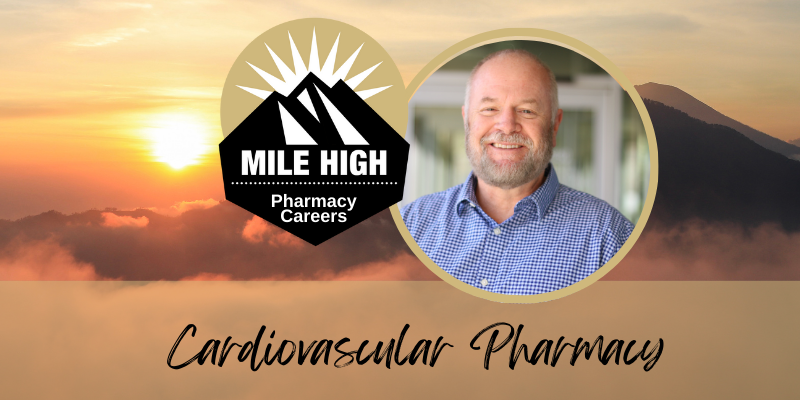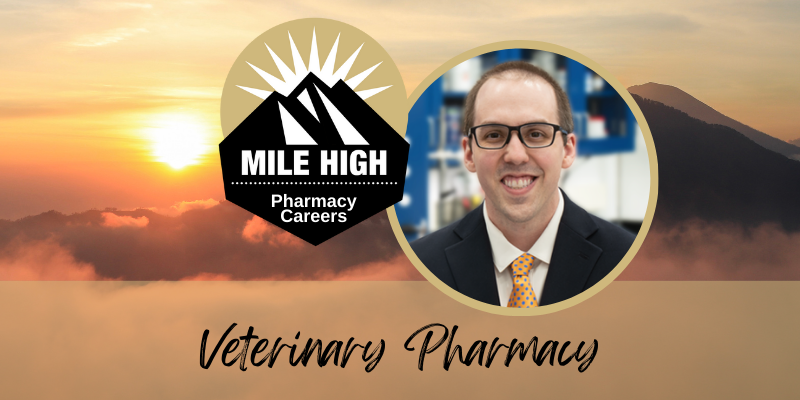Was it really 2020 (too)? Or was 2022 much different than 2020? This year CU Pharmacy expanded its reach with awards, a new remote program, and in-person events (again!). Twenty twenty-two was not twenty twenty-too. It was a year to flourish.
The Distance Degrees office was awarded the Global Education SIG 2022 Outstanding Program Award from the American Association of Colleges of Pharmacy (AACP) for its International Trained PharmD pathway.
The International-Trained PharmD incoming class was the most diverse in program history, with eight students representing nine different countries; many of our students hold dual citizenship.
The first remote PharmD cohort completed its first year of pharmacy school. The cohort is part of the class of 2025, and includes students from all over the United States. Brittany Sjulstad, P3, was awarded the American Society of Health Pharmacists, (ASHP), Student Leadership Award. The award distinguishes student pharmacists for their achievements in health-system pharmacy and professional leadership. The recognition is accompanied by a $2000 cash award provided by the ASHP Research and Education Foundation.
PhD students Hector Esquer and Kris Oreschak are the recipients of the annual Harold C. Heim Award for Excellence in Research and Graduate Education. The distinction is accompanied by a $2000 cash award and is presented by Warren Heim, son of former Dean Harold C. Heim.
Robert Page, PharmD, was awarded the American College of Cardiology Colorado Chapter Educator of the Year Award at the 2022 ACC Heart Failure Conference. This is the first time a pharmacist has won this prestigious award.
Jed Lampe, PhD, was appointed to the NIH Xenobiotic and Nutrient Disposition and Action (XNDA) Study Section in the National Institutes of Health’s Center for Scientific Review. Dr. Lampe will serve a four-year term on the panel, whose members are selected for their excellence and achievement in their scientific discipline.
Joe Saseen and Ty Kiser, PharmDs, were selected to receive this year’s Chancellor’s Teaching Recognition Award and President’s Excellence in Teaching Award, respectively. Both Drs. Saseen and Kiser were recognized for their dedication, innovation and excellence in teaching.
Kristina Brooks, PharmD, joined the Health and Human Services Panel on Treatment of HIV During Pregnancy and Prevention of Perinatal Transmission in the US, which develops national guidelines focused on treating HIV during pregnancy.
Paul Reynolds, PharmD, accepted the Critical Care Practice and Research Network (PRN) Educator Award from the American Colleges of Clinical Pharmacy (ACCP).
Manisha Patel, PhD, began her term as president of the American Epilepsy Society (AES). 2022 was Dr. Patel’s year. She was also selected for a CU Anschutz campus research award and awarded the Javits Award from the National Institutes of Health for her lifelong work in neuroscience.
Brian Hemstreet, PharmD, was elected President of the American College of Clinical Pharmacy (ACCP).
Carlos Catalano, PhD, advisor to the CU Anschutz chapter of the Society for the Advancement of Chicanos/Hispanics and Native Americans in Science, saw the club named Chapter of the Year at the National Diversity in STEM Conference.
Molly Huntsman, PhD, saw her work go viral when she published a new study suggesting that therapeutic interventions to treat neurodevelopmental disorders may be more effective if done during the early stages of brain development.
Professor Emeritus Joseph Gal, PhD, received the 2022 Franklin-Lavoisier Prize. The prize, presented by the Science History Institute of Philadelphia and the Foundation de la Maison de la Chimie in Paris, recognizes meritorious efforts in the preservation or promotion of the entwined scientific heritage of France and the U.S. The prestigious award is presented alternately in the United States and France every two years.
Daniel LaBarbera, PhD, saw his lab develop a drug which shows promise against a novel oncogene that supports cancer progression.
Dmitri Simberg, PhD, published significant research findings that show great promise in guiding the development of indocarbocyanine lipid nanoparticles (ICLs) that can deliver anti-cancer therapies to tumors in humans. This work was done in collaboration with Irina Balyasnikova, PhD, of Northwestern University.
R. Brett McQueen, PhD, along with his colleagues at the University of Exeter, UK, were awarded a two-year, $600K grant from JDRF to develop a comprehensive web-based tool to inform global public health adoption and therapeutic investment decisions on the costs and benefits of identifying people at risk of type-1 diabetes (T1D) world-wide.



